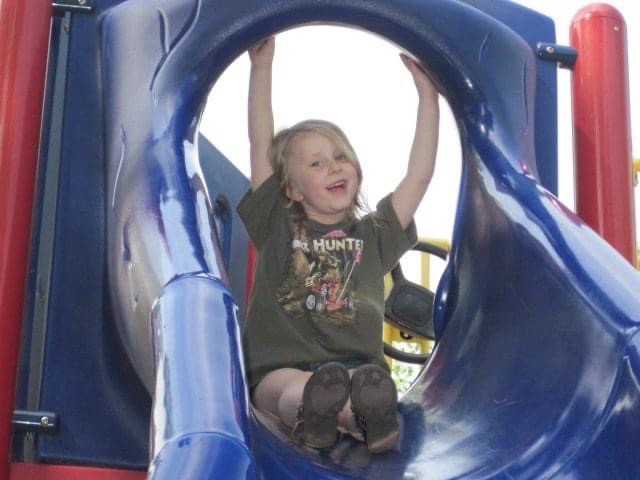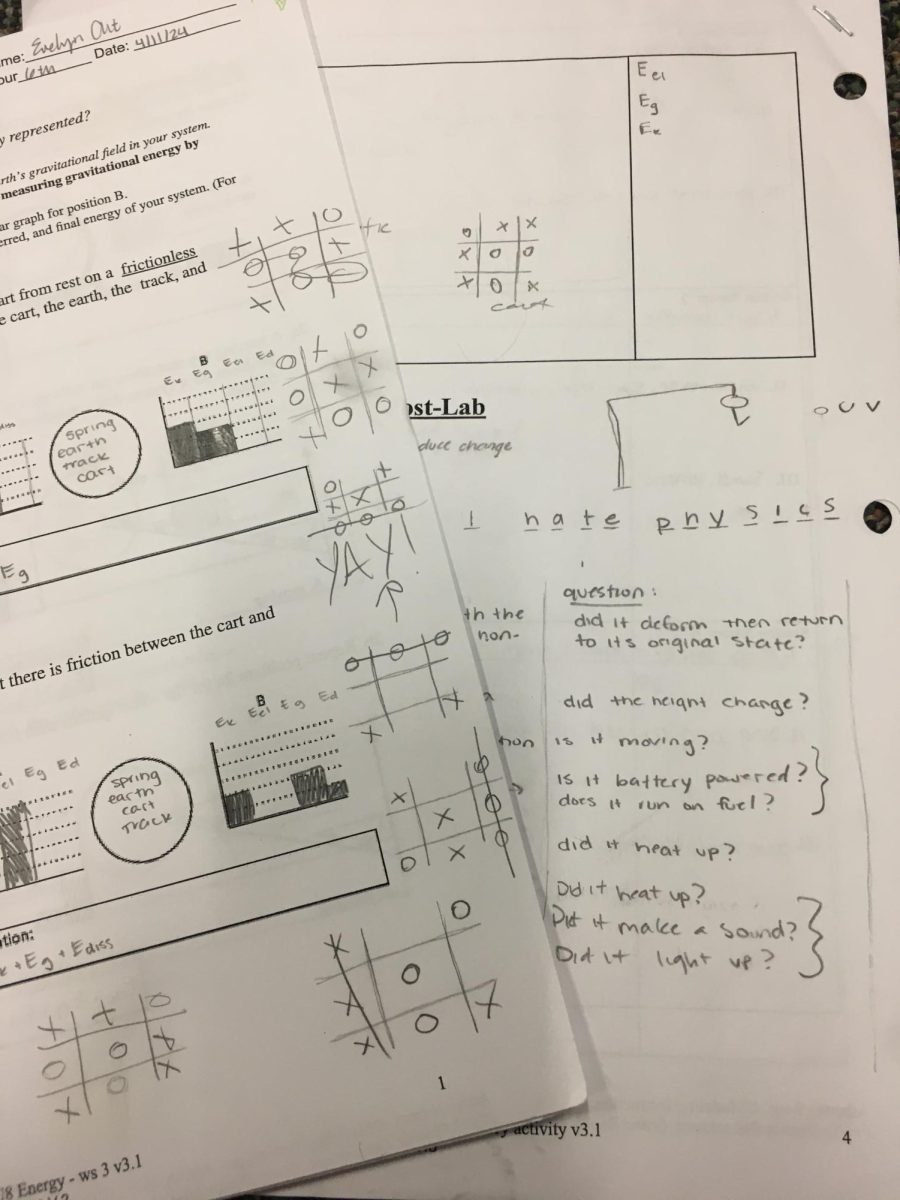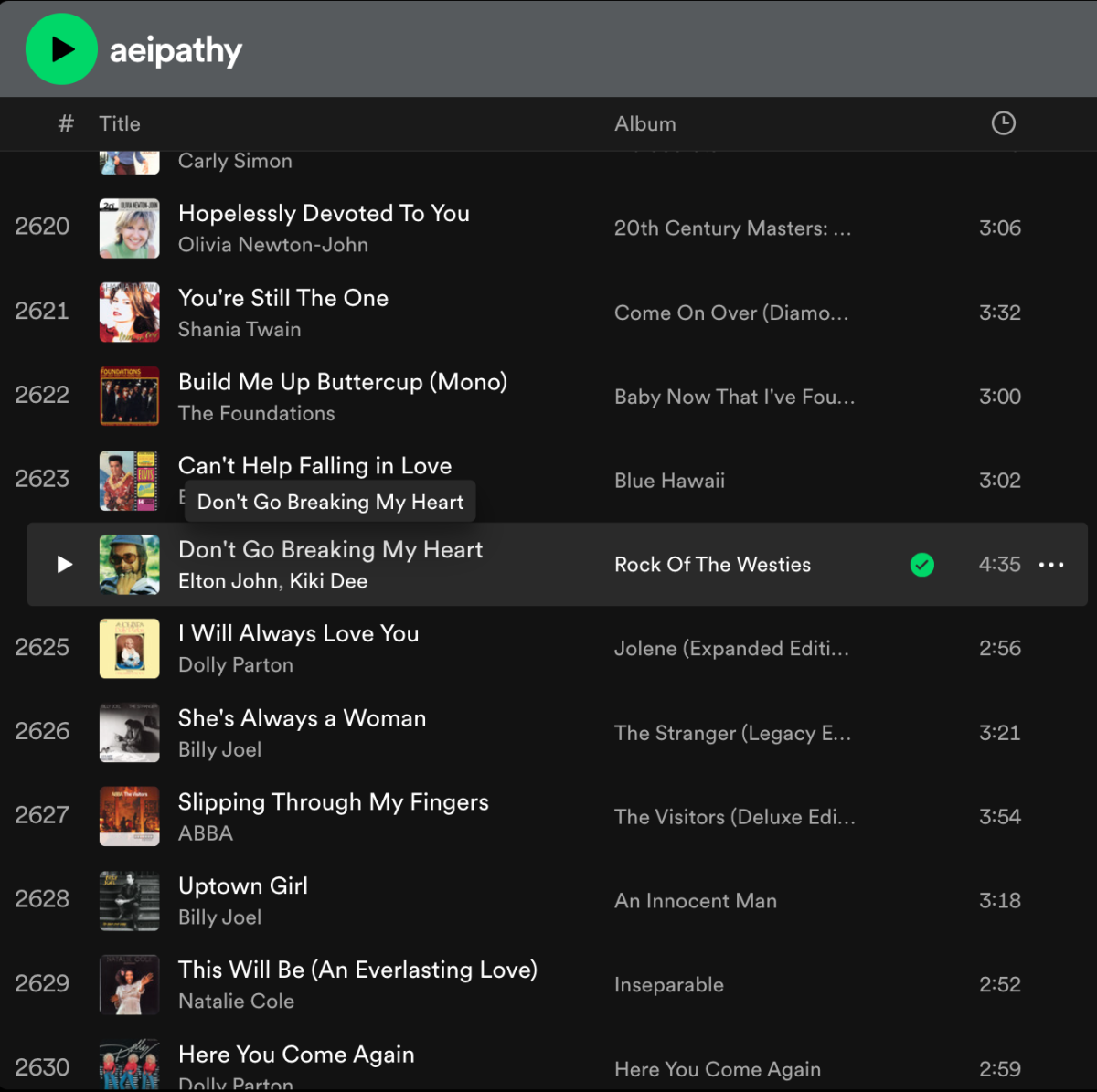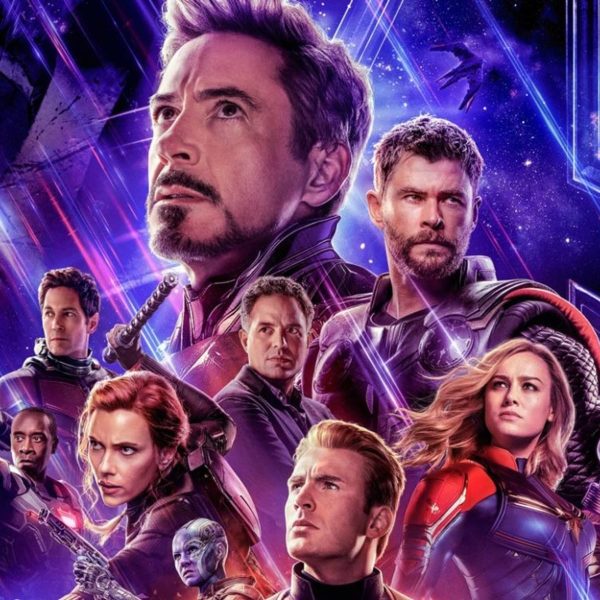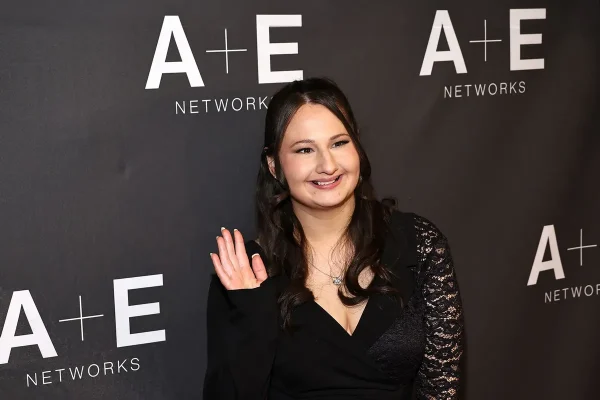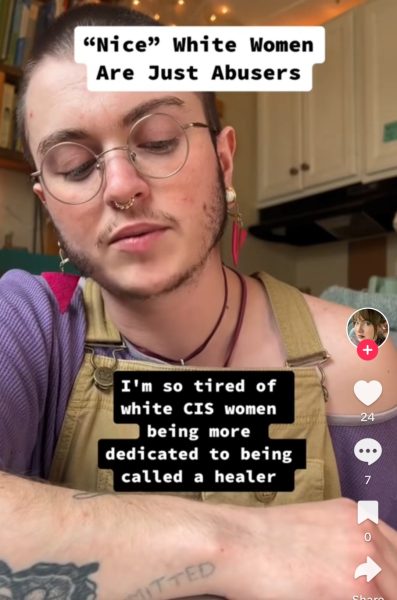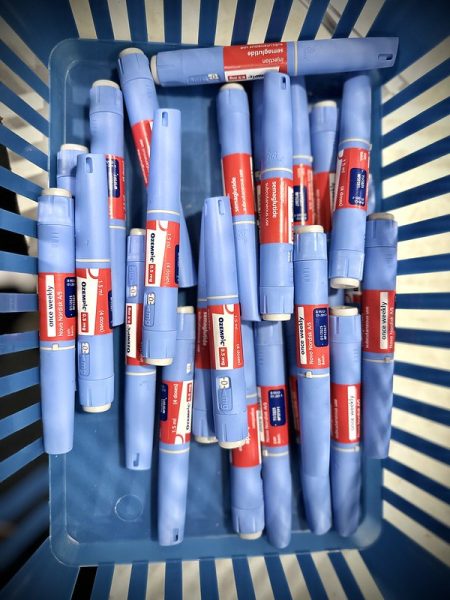Outside the 2021 Met Gala: The Black Lives Matter protest that is being swiftly overlooked
A photo taken outside the 2021 Met Gala, where a group of BLM protesters staged a peaceful demonstration.
For 78 years—with a few exceptions—the annual Met Gala has served as a staple of universal pop culture. Since the late 1940s, the event has attracted celebrities from distinct realms of fame, joined by the task to raise money for the Metropolitan Museum of Art’s Costume Institute and to don their best thematic accouterment.
It is a notably publicized event, and one that was ceremoniously welcomed back after a year of dormancy. Within the four days since the 2021 Met Gala, my group chats and lunch discussions have been flooded with commentary on the overwhelmingly avant-garde fashion choices made by this year’s attendees.
However, a topic that has been broadly overlooked is the situation that took place outside the event. While celebrities inside took advantage of their $30,000 seats, a group of Black Lives Matter protesters congregated on the street to object to the overarching nature of the affair.
According to multiple news sites, including The Daily Mail and Independent, this demonstration was started by an “autonomous group of NYC abolitionists who believe that policing does not protect and serve communities.” After centuries of discrimination and brutality levied against Black and POC groups, the peaceful protest began as a targeted attack against the overwhelming police presence that evening.
Yet, stepping past these aims, it is no coincidence that said outcries occurred next to one of the most significant red-carpet events of the year. After over 12 months of political and social turmoil, the return of the Met Gala—for many—does not signify a renewal of normalcy but rather a willingness to overlook inequality.
Performative activism is a phrase I’d never heard until June 2020, but it has taken vast precedent, especially in the past year. When the injustices that Black Americans face were brought to light, sharing Instagram posts and signing petitions became popular ways to educate one’s followers. Many influencers fell into the habit of urging their fans to speak out, but after a month, this “activism” stopped.
The voices of these demonstrators should not be forgettable, and neither should the cause they are fighting for or the lives they are still trying to bring justice to.
Almost as quickly as they had jumped on using activism to further their platform, they fell off the bandwagon, as if fighting for fairness was simply a trend.
For the protesters at Monday’s event, this year’s Met Gala was not something to celebrate but rather a large-scale illustration of how quickly Black pain is overlooked and trampled upon. These struggles are still occurring. Justice has not been served. These demonstrators are unwilling to forget that, and I cannot blame them.
Around 6 p.m. on September 13, police supervising the peaceful protest warned members to clear the street, a threat that was immediately followed by multiple arrests being made. While it is still unclear how many protesters were taken into police custody, the photos and videos shared on social media demonstrate police tackling people to the ground and handcuffing them with zip ties.
Very little news coverage of these events has been shared. Still, following the story’s break, American actor Indya Moore took to their Instagram to apologize for attending the Met Gala. Under a series of photos of them at the event—including a video from the protest— they began to explain and apologize for the implications their presence may have had. They went on to state that it would not only be their first participation but likely their last.
Moore continued, making the point that they “think it is possible to be an artist and a creative and simultaneously not invest in make-believe during a time [when] make-believe is weaponized against the truth; during a time where honesty and transparency is more important than ever.”
At the end of the day, it does not matter if one supports the protesters or the police. What matters is that by avoiding talking about these topics, the media is simply proving the point that minority groups are too often silenced, especially in light of the atrocities they face. The voices of these demonstrators should not be forgettable, and neither should the cause they are fighting for or the lives they are still trying to bring justice to.

Jessie Warren is a senior, and this will be her second and final year as a staff member of The Central Trend. Ever eager to write, she finds a sort of...























































